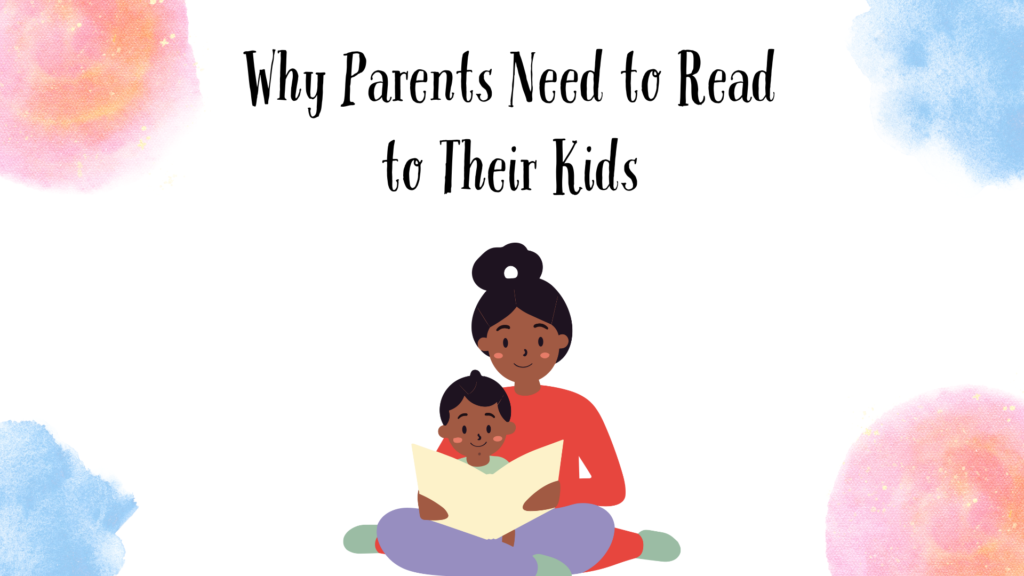
According to an article published by Oklahoma State University, listening to stories and voices as infants and toddlers introduces children to new words and phrases (Singh et al., 2018). This educational introduction directly impacts language acquisition and cognitive development in young learners/readers. These developmental steps are incredibly important, especially when children are too young to read themselves. Though parents may think a child is too young to understand, it is essential that they are being read to as this early exposure plays a key role in boosting their overall development.
Some of my most cherished memories as a kid are of my parents reading to me before bed when I was in first and second grade. As I got older, and as my parents got busier, the reading got more and more infrequent until it eventually stopped. There was definitely a relationship between my parents reading to me and my attitude towards reading in school. I’d always struggled to read when I was younger because I was neither good at it nor did I enjoy it. At school, I was even pulled out of class to work with a specialist to practice reading. As blessed as I was to have grown up in a school district where that was possible, the bridge my parents provided by reading to me and having me practice my literacy skills during our nightly reading sessions proved essential to my progression. For school districts and children that don’t have access to these types of resources to aid their reading, the importance of reading with parents at home is even greater.
When parents read to and with their children, they evoke a sense of confidence that one teacher cannot provide to an entire classroom full of kids. Kids so often just want to please their parents and guardians, and things like academic progress in the form of reading can be one way to cultivate positive reinforcement when it comes to reading progression.
Not only can reading strengthen the bond between parents and children but it also acts as a way to develop longer attention spans and improve concentration (Singh et al., 2018). Considering Gen Alpha’s record levels of screen time, it is necessary to improve concentration so that teachers are able to properly educate the next generation of adults.
To ensure that this upcoming generation—and really any future generation—of students are capable adults, it is vital that parents read to their children. Reading to children has proved to be beneficial for cognitive and emotional development, both of which can begin at an early age when parents work with their children. Starting this type of mental stimulation early can foster a sense of accomplishment and strengthen familial bonds while directly improving children’s progression.
Sources Referenced:
McCann S, Barto J, Goldman N. Learning Through Story Listening. American Journal of Health Promotion. 2019;33(3):477-481. doi:10.1177/0890117119825525e
Oklahoma State University Extension. Talk, Read, and Sing with Your Child Every Day! Oklahoma State University, https://extension.okstate.edu/fact-sheets/talk-read-and-sing-with-your-child-every-day.html#children-learn-from-social-activities-in.
Vanshikha Vij, Pine Reads Review Writer
Read all posts about
Comments are closed.
Great article, such an important topic! My love for reading was sparked by many evenings of my mom reading to me as a kid. Now as a mom myself, I have the privilege of being able to read with my own daughter every night!